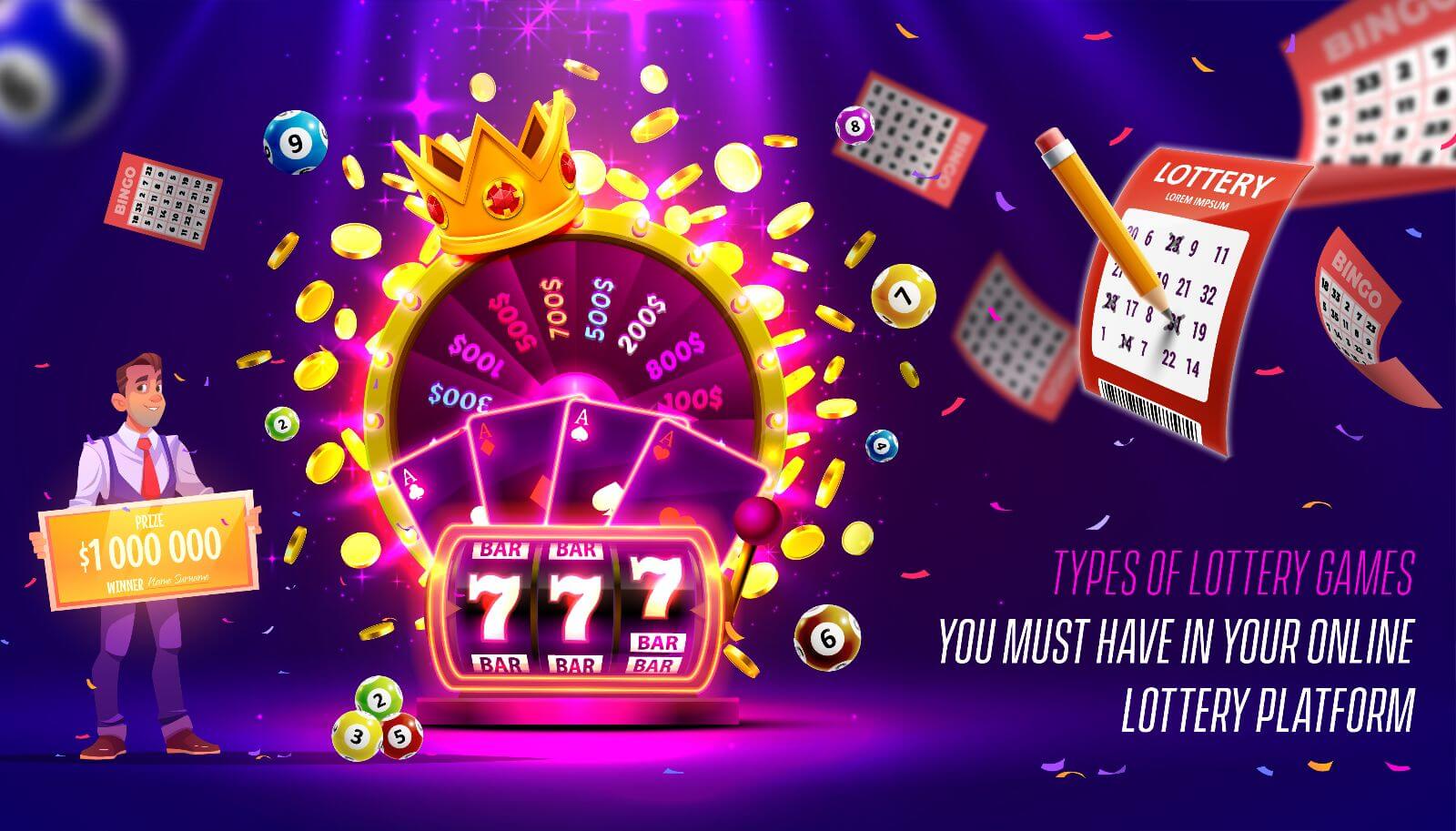
The lottery has long been seen as a symbol of hope and luck, offering people the chance to win big and change their lives in an instant. From multimillion-dollar jackpots to scratch-off tickets, the allure of the lottery is undeniable. While the odds of winning may be slim, the potential rewards are enough to keep millions of players coming back week after week.
But what is it about the หวย24 that captures our imagination and drives us to play? For some, it’s the thrill and excitement of the chance to win big; for others, it’s the dream of financial freedom and the ability to live the life they’ve always wanted. Whatever the reason, there’s no doubt that the lottery holds a unique power over our society.
The first recorded lottery dates back to ancient China, where the Great Wall of China was partially funded by the sales of lottery tickets. In Europe, lotteries were used to fund various public works and charitable causes, and by the 17th century, they had become a popular form of entertainment. Today, lotteries are prevalent in nearly every country and are often run by national and state governments as a means of generating revenue.
One of the biggest appeals of the lottery is the possibility of winning life-changing sums of money. For many, the idea of becoming an overnight millionaire is a dream come true. And while the actual odds of hitting the jackpot may be astronomical, the excitement and anticipation that comes with buying a ticket and waiting for the numbers to be drawn is enough to keep people playing week after week.
But what happens after someone actually wins the lottery? The stories of big lottery winners can vary greatly – from those who have managed to hold onto their fortunes and use it for the betterment of their lives, to those who have lost it all and ended up in a worse situation than before they won.
Some major lottery winners have used their newfound wealth to travel the world, purchase luxury homes and cars, and even donate to charity. Others have started businesses, pursued their dream careers, or simply enjoyed a life of leisure and financial security. On the other hand, some winners have struggled with the sudden influx of money, leading to reckless spending, bad investments, and even ruined relationships.
Despite the potential risks and challenges that come with winning the lottery, many people continue to play for the chance at a better life. But it’s important for players to remember that the lottery is a game of chance and should be played responsibly. Spending excessive amounts of money on tickets in hopes of winning it big can be a dangerous and addictive habit.
In addition to the individual effects, the lottery also has a significant impact on society as a whole. Every year, lottery games generate billions of dollars in revenue, which is used to fund a variety of public programs and services, such as education, healthcare, and infrastructure. This means that even those who don’t play the lottery are indirectly affected by its existence.
Another aspect of the lottery that has drawn criticism is its marketing and advertising tactics. Many critics argue that the lottery disproportionately targets low-income individuals and those with gambling addictions, exploiting their hopes and dreams in order to make a profit. This has led to calls for stricter regulations and oversight of the lottery industry.
In the end, whether you view the lottery as a positive or negative aspect of society, there’s no denying its immense power. For some, it’s a fun and thrilling game of chance, while for others, it’s a source of controversy. But regardless of one’s opinions, the lottery remains a staple in our culture and continues to fascinate and entice millions of players worldwide.
So the next time you purchase a lottery ticket, remember the power it holds – not just to potentially change your life, but also its impact on the larger world. And while winning the lottery may be a distant dream for most, the hope and excitement it offers is something that can never be measured.
Leave a Reply